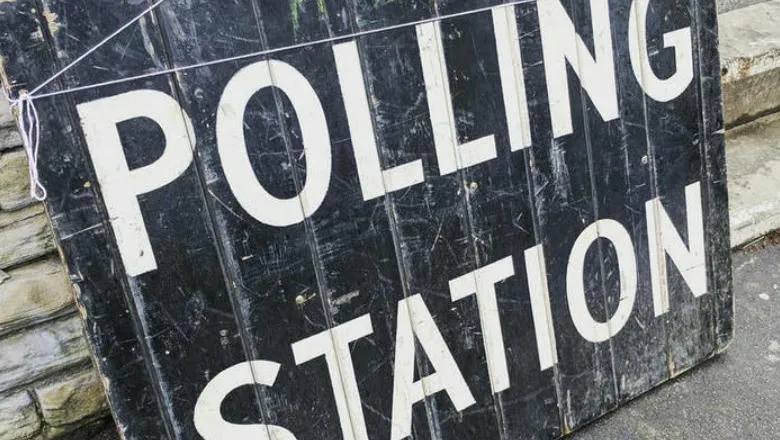The General Election and the next Strategic Defence and Security Review
A Centre for Defence Studies talk
17 December 2019
A summary of the The General Election and the Next Strategic Defence and Security Review event

During a General Election campaign, political parties make different proposals for the direction of national policy across a broad range of issues, including defence and security. But what is the national strategic context in which these proposals are made?
Since 2010, the UK has conducted a Strategic Defence and Security Review (SDSR) every five years. On this timetable, the next SDSR should be conducted in 2020, but what challenges will it face and how should it meet them?
The Centre for Defence Studies (CDS) held an event on Tuesday 3 December at King’s, convening a distinguished panel of experts to discuss the prospects for SDSR2020 in the context of the 2019 general election and reflecting on the lessons of past reviews. The event was chaired by CDS deputy director Dr Joe Devanny and the panel comprised: Margaret Aldred CB CBE, former deputy head of the Cabinet Office Defence and Overseas Policy Secretariat and Secretary of the Iraq Inquiry; Lord (Peter) Ricketts, visiting professor at King’s College London and formerly the first ever UK National Security Adviser (2010-12); and Will Jessett CBE, visiting professor at King’s College London and former Director for Strategic Planning at the Ministry of Defence.
With thanks to all involved, the following is a short summary of ten points made during the discussion:
First, the outcome of the general election could have a significant impact on the shape and direction of SDSR 2020, with distinctive foreign policy visions outlined by the competing parties.
Second, an important starting point for the next SDSR should be the adoption of an honest historical perspective, taking time to learn the appropriate lessons from past reviews.
Third, timing is crucial: as far as possible, SDSR 2020 should not be rushed to fit a timetable driven by other priorities; the analysis must be there to support the decisions - and that takes time to develop.
Fourth, given the appropriate amount of time for its development, SDSR 2020 would benefit from adopting an inclusive approach to engagement: an open, transparent and structured process to develop the supporting analysis by reaching out beyond government.
Fifth, the quinquennial cycle adopted since the 2010 SDSR is a good rule of thumb, but the SDSR 2020 process should be responsive and flexible, able to review its decisions within that period - as occurred in 2017/18 with the process that produced both the national security capability review (NSCR) and the modernising defence programme (MDP).
Sixth, whatever the perennial debate about reviews being either ’Treasury-led' or 'Strategy-led,’ SDSR 2020 would benefit from alignment with a comprehensive spending review. In practice, understanding the expenditure context for a review is crucial.
Seventh, ministers should recognise that strategic review is about risk management, requiring difficult choices about rank-ordering priorities. Ministers will need courage to make hard choices and determination to stick to them.
Eighth, SDSR 2020 should be international-by-design: thinking about allies & partners should frame decisions about the UK role and what the fulfilment of that role then requires from the SDSR.
Ninth, how do rhetorical phrases - such as ‘Global Britain’ or an ‘internationalist foreign policy' - translate into actual strategic priorities, shaping choices in for the next SDSR?
And finally, the politics really matters: effective political leadership and direction, investment of senior-level time and energy, is a prerequisite for a successful review.
A Centre for Defence Studies talk